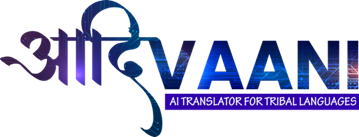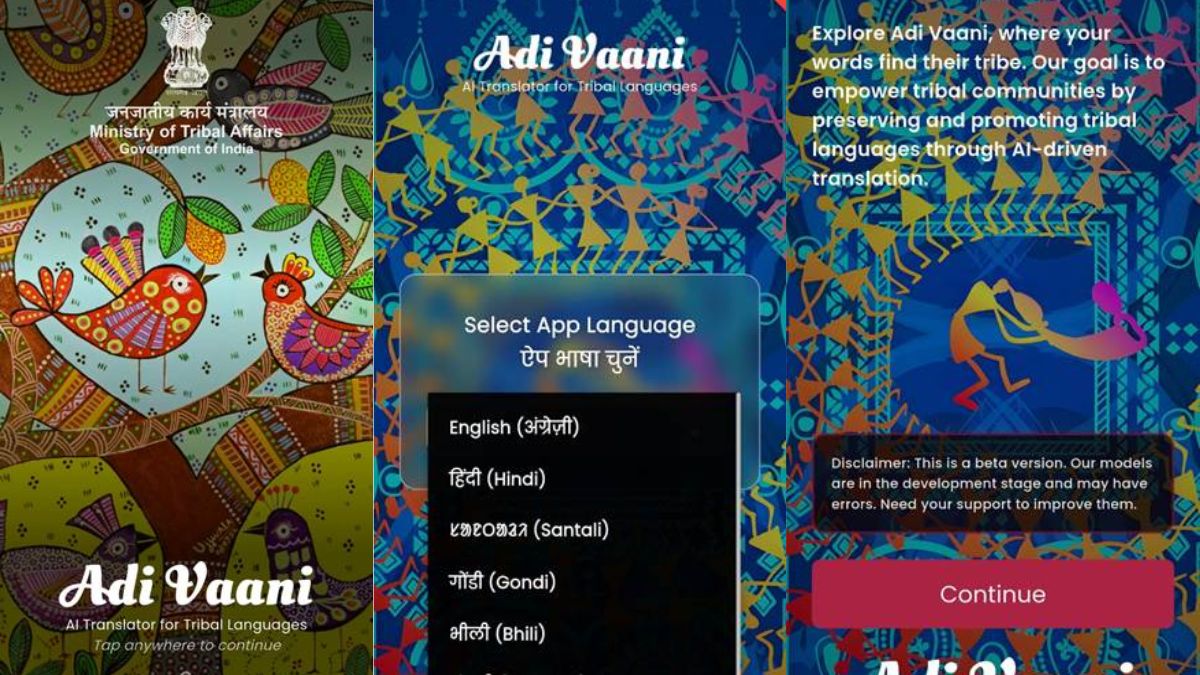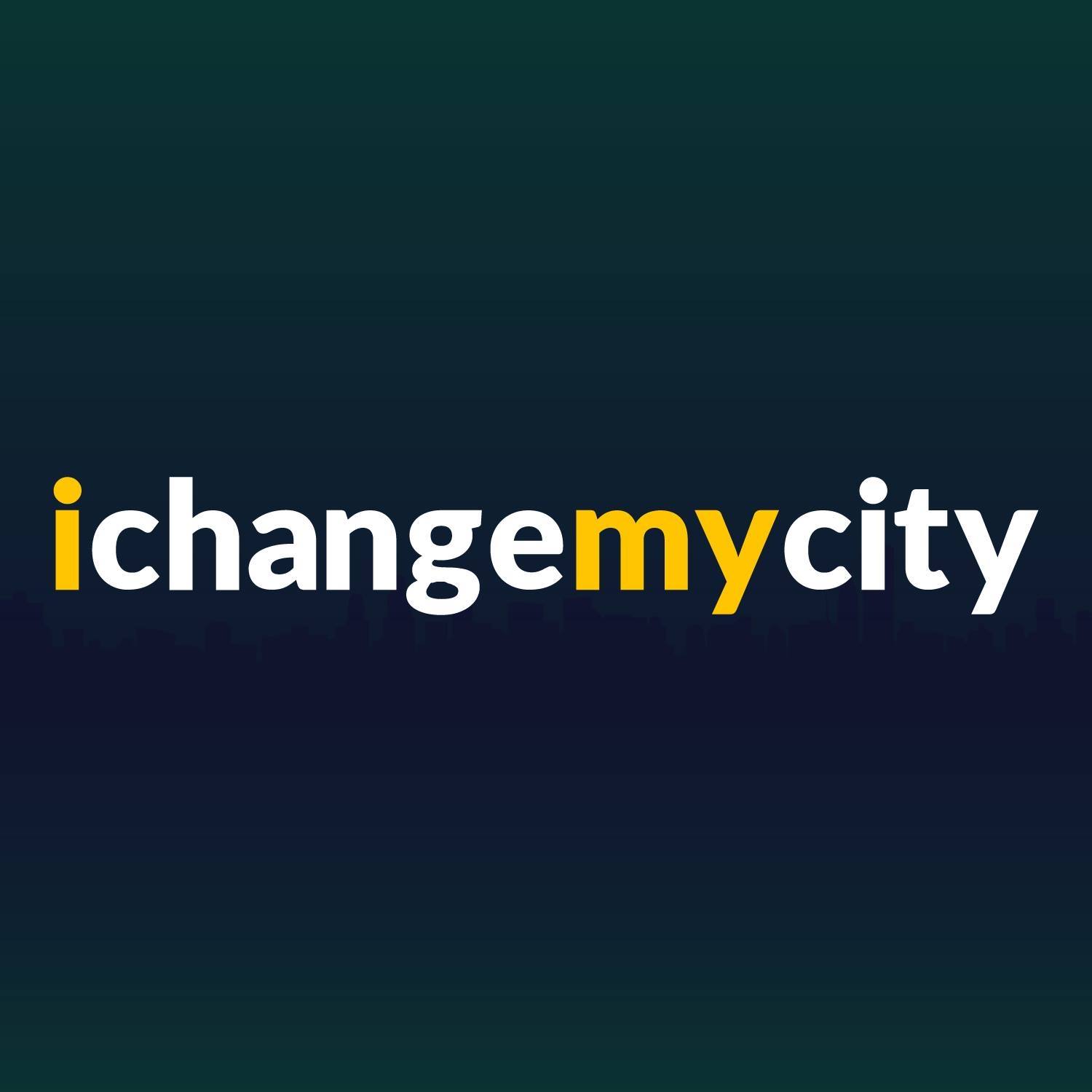In a landmark initiative, the union government has launched the Beta Version of Adi Vaani, India’s first AI-powered translation platform for tribal languages.
Officials, described Adi Vaani as a frugal innovation developed at nearly one-tenth the cost of commercial platforms. They underlined that the project integrates cutting-edge technology with authentic linguistic data collected by State Tribal Research Institutes (TRIs) and has been designed with a feedback system to promote continuous improvement through community participation.
Adi Vaani is an outcome of collaborative efforts between the Central Government, State Governments through TRIs, and premier technical institutions, making it a low-cost, high-impact solution to preserve and promote tribal languages.

About Adi Vaani
Adi Vaani is not just an AI powered translation tool but a platform to connect communities and preserve cultural identity. The initiative will support digitization of endangered languages, improve access to education, healthcare and governance in native languages, facilitate tribal entrepreneurship, and serve as a knowledge resource for researchers.
Adi Vaani has been developed by a national consortium led by IIT Delhi, in collaboration with BITS Pilani, IIIT Hyderabad, IIIT Nava Raipur, and the Tribal Research Institutes of Jharkhand, Odisha, Madhya Pradesh, Chhattisgarh, and Meghalaya.
The Adi Vaani – AI tool is available on web portal (https://adivaani.tribal.gov.in ) and the Beta version of the App shall be shortly available on Play Store and iOS. At the Beta launch stage, it supports Santali (Odisha), Bhili (Madhya Pradesh), Mundari (Jharkhand), and Gondi (Chhattisgarh), with Kui and Garo under development.
A live demonstration of the platform was conducted, showcasing real-time translations in Bhili and, Gondi.
Key features include:
- Real-time text and speech translation between Hindi, English and tribal languages
- Interactive language learning modules for students and early learners
- Digitization of folklore, oral traditions, and cultural heritage







